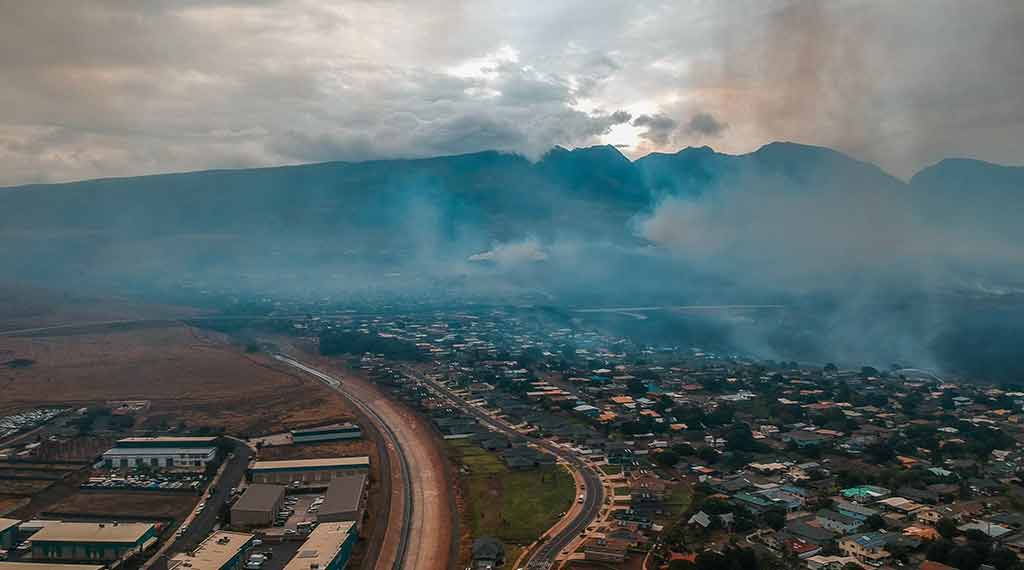
As America mourns the tragedy in Maui, investigators are working to identify the cause of the blaze. Initial evidence suggests an improperly maintained power infrastructure malfunctioned and ignited dry vegetation.
The Hawaii fires are reminiscent of the deadly 2018 Camp Fire in northwestern California. In that case, Pacific Gas & Electric’s negligence led the company to plead guilty to 84 counts of involuntary manslaughter. What many people don’t know, however, is that PG&E fired Todd Hearn, a veteran lineman, a year before the blaze after he had attempted to blow the whistle on fire hazards associated with the company’s newly installed equipment.
Such reluctance wouldn’t be surprising. Under federal law, companies generally involved with the reliability, resilience or security of the electric grid can fire whistleblowers—employees who raise security or regulatory concerns about their employer’s operations.
America has a patchwork of laws that protect whistleblowers in a variety of fields, including the nuclear, transportation, finance and pipeline industries. There are laws protecting whistleblowers who work in food safety, tax fraud and occupational health. Yet there are no parallel federal protections for employees who work on the infrastructure on which all modern life depends: the electric grid.
The absence of such safeguards puts our nation at risk of additional wildfires and other dangerous consequences associated with electrified infrastructure, such as blackouts. The collapse of Texas’ grid in February 2021 contributed to more than 200 deaths and more than $100 billion in economic loss. If such risks were knowable—and if employees were aware that the system wasn’t prepared to deal with extremely cold conditions—then the law ought to give those with concerns an incentive to come forward. As it is, they can do so only at risk of retaliation.
It needn’t be this way. Congress has the authority to pass protections for electric-grid employees—and its record of establishing such safeguards dates back to the American founding. On July 30, 1778, at the height of the Revolutionary War, the Continental Congress enacted the country’s first whistleblower-protection law. In that case, it protected sailors from punishment after they had reported on their commander’s misconduct. The law not only shielded them from retaliation but authorized payment for their legal fees.
Fast-forward to March 3, 2020, when Sens. Chuck Grassley (R., Iowa) and Ed Markey (D., Mass.) introduced an amendment to protect electric-grid whistleblowers. The Covid pandemic derailed their effort, which seems to have fallen by the wayside since.
They ought to pick it back up again. All tragedies are hard to stomach, but especially so when they could have been prevented. Given events in California and Hawaii, it’s high time Congress enact whistleblower protections for grid employees. These workers deserve our gratitude and the peace of mind to know that they can speak up about issues that put us at grave risk without fear of retribution.
- Putin’s “operation holodomor” - February 12, 2026
- Gridlock: why America’s power supply is in danger - February 11, 2026
- “Within 72 Hours, the American Population Will Break Down”: Lt. Col. Tommy Waller - January 8, 2026
